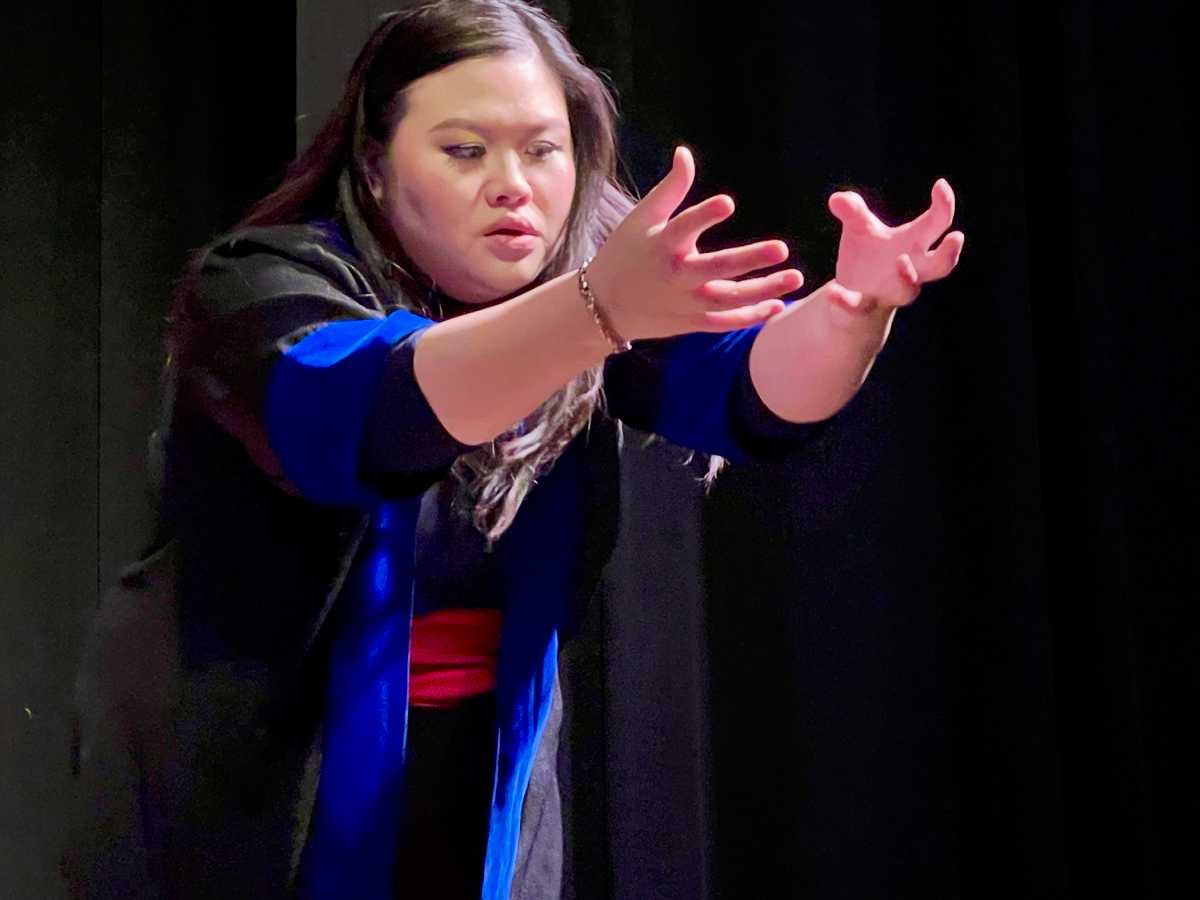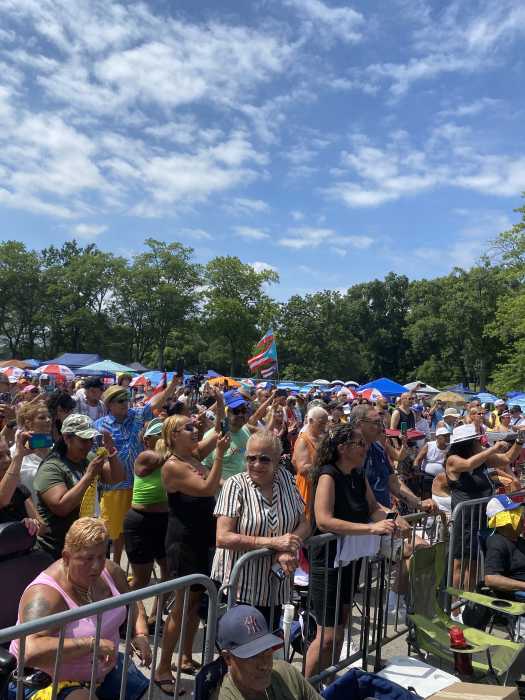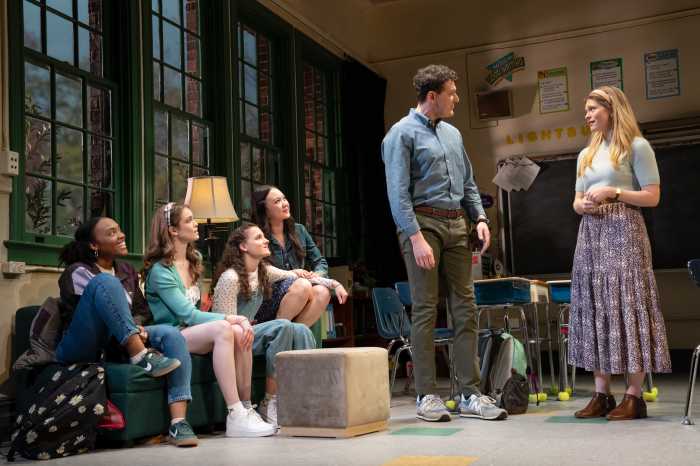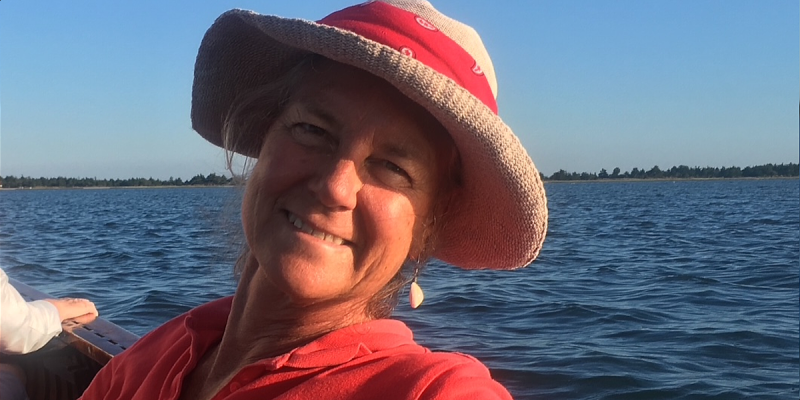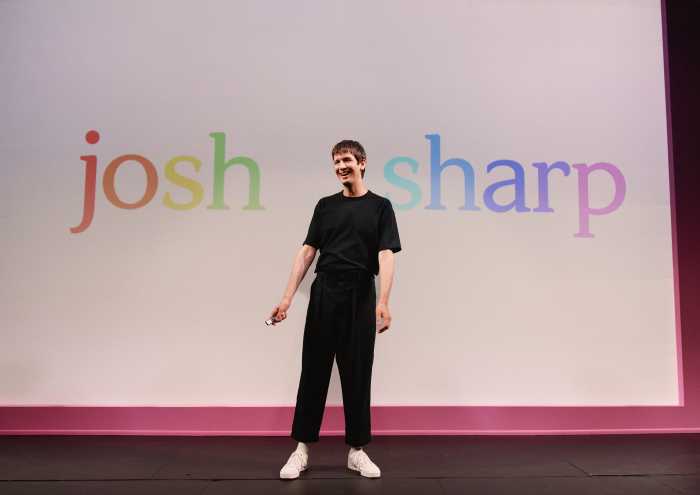The Bronx Library Center in Fordham wrapped up more than two weeks of programming on Wednesday with a lively stage performance, which brought an award-winning story to life—marking the finale of the New York Public Library’s World Literature & Arts Festival.
Though the audience was sparse, the performance delivered a powerful impact. Actor Gaosong Heu took the stage with a moving one-person adaptation of The Latehomecomer, a memoir by Hmong (pronounced “Muhng”) author Kao Kalia Yang that chronicles her family’s harrowing journey from a refugee camp in Thailand to a new life in the American Midwest—capturing their hardships, resilience, and unbreakable bond.
The Bronx Library Center’s event closed out the NYPL’s annual festival, which celebrated storytelling in public libraries across the city from April 14 through April 30. The event brought together writers and artists from an array of different cultures and backgrounds.
The live retelling was part of a collaboration between NYPL and the performance-based literacy program Literature to Life (LTL), which condenses classic American literature – verbatim – into a single act play, with all parts performed by one actor. The nonprofit produces live experiences like “The Latehomecomer” in hopes of inspiring its audience to pick up a book and read.
In the Bronx, the percentage of people between the ages of 16 and 74 reading at or below the lowest level of literacy – approximately a third-grade level – is more than twice that of the rest of the state, according to the National Center for Education Statistics.
Actor, producer, and script developer Aurea Tomeski of Literacy to Life facilitated the event, introducing the performance and explaining its goal as an entry point to literacy. She told the Bronx Times that experiencing literature through a new medium can inspire audiences to explore the original work more deeply.
“ Once they understand that this is all verbatim, this is actually what they would see on the page, it gives them that initial feeling of using their imaginations and pairing it with the language,” Tomeski said. “I think it becomes more possible in their own minds that they feel like they could sit in a room and actually imagine these characters coming to life.”
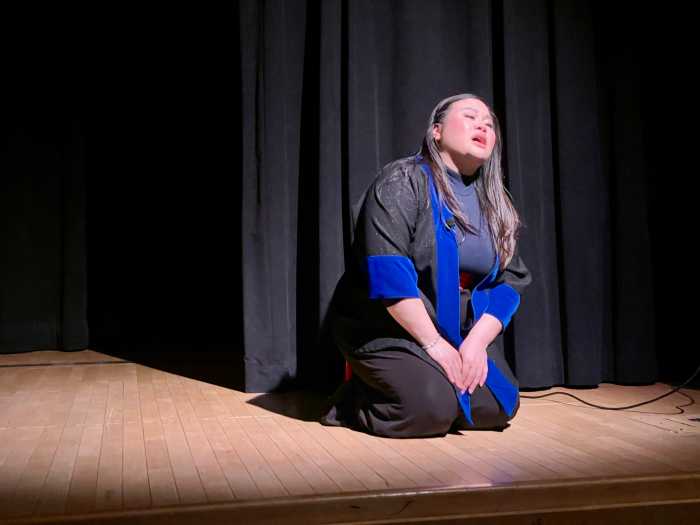
Heu embodied the author’s entire family: mother, father, siblings, aunts, uncles and cousins, changing her vocal inflection and body language to reflect the parts of young, excited child, bored teen or determined father. But the story’s focus was on the relationship between the author, Yang, and her grandmother who Yang describes as “the most remarkable person” she knew.
Heu recited a portion of the book after the family had been in the United States for 10 years when the author, Yang, got sick. Her grandmother gave her a special bracelet with charms of baby elephants next to larger, adult elephants.
“[Grandmother] Elephants protect their babies by forming a circle around them,” Heu said in the voice of the old woman. “You are sick and I cannot protect you. I bought this for you so the power of the elements will protect you and make you well again.”
The theatrical adaptation gave the audience and potential readers a synopsis of the heart of the story, pulling them in and inviting them to discover more through reading. As an added incentive to read the memoir in its entirety, LTL handed out free copies of “The Latehomecomer” before and after the show.
Tomeski was a co-adaptor of the award-winning memoir, shortening the 274-page book into a theatrical performance of just one hour, aimed at enticing audiences to pick up the book.
“ Our goal is really to get people to read more,” Tomeski said. “But we do it in this very specific way, which I think lends a sense of accessibility specifically to young students or people who don’t consider themselves to be readers.”

